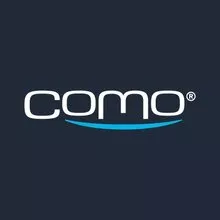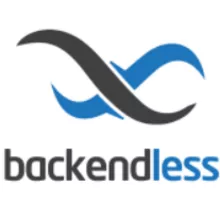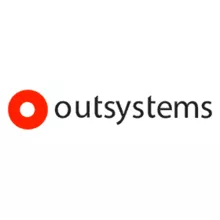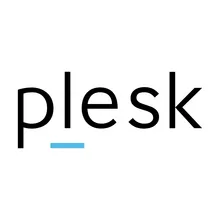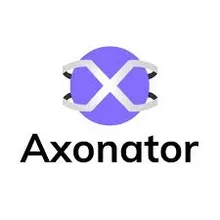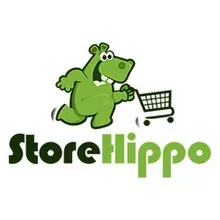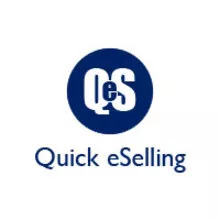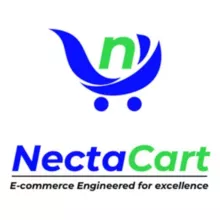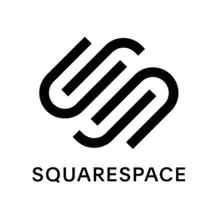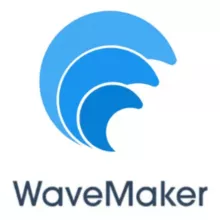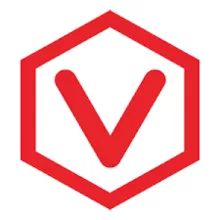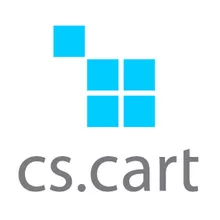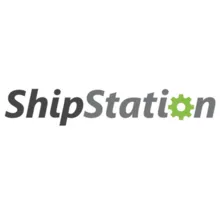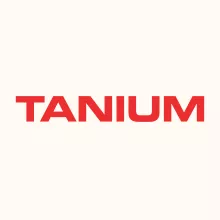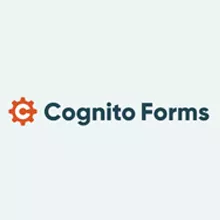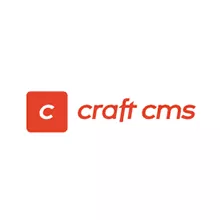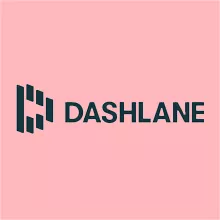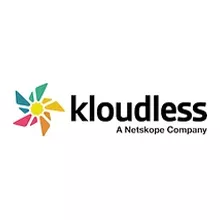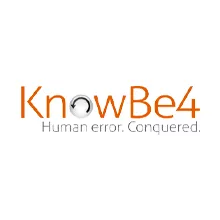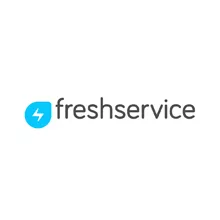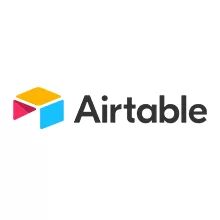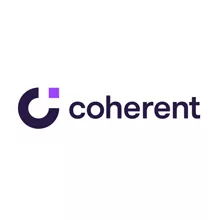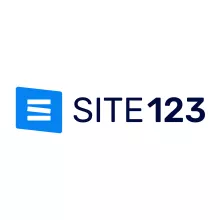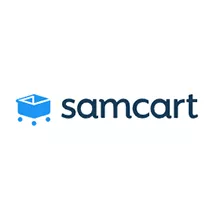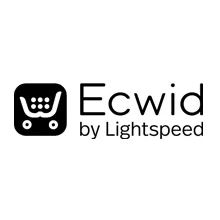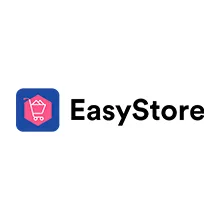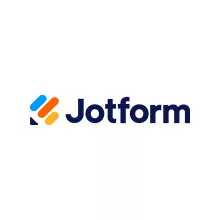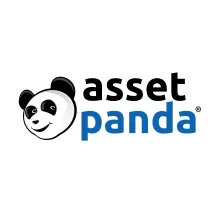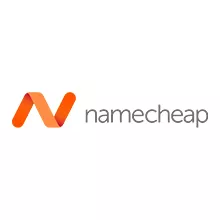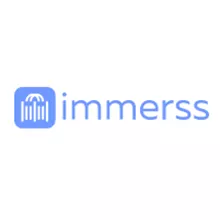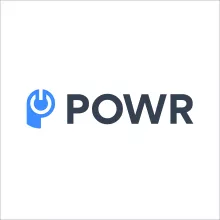Internal app builder with low code
Today, the use of the internet and electronic data exchange is becoming more and more prevalent.
Online purchasing and selling are what e-commerce is all about. Thus businesses need the appropriate tools to accomplish their jobs well. Companies must locate the software that works for them, but this doesn't have to be a challenge with some sound counsel.
Although there are many different kinds of e-commerce software, its primary function is to simplify the consumer experience. Customers must be able to locate products, add them to their shopping cart, and complete the checkout process as quickly and efficiently as feasible.
Investing in the correct software can assist you in growing your business. With so many alternatives available, it's crucial to understand the best kind of eCommerce software for your business.
Types of eCommerce Solutions
On-premises eCommerce solution: For maintenance, manual upgrades, and monitoring, onsite teams are required for on-premise eCommerce software. An internal team manages all server issues and routine maintenance, and the solution is placed on the company's servers whenever hosting is offered. On-premise solutions are more suited for larger enterprises with the resources and hosting infrastructure to administer an in-house solution since they give users more room for hands-on management. Although on-premise software gives your store more control and protection, it also requires more infrastructure, maintenance, and scalability than other solutions.
SaaS eCommerce solutions: eCommerce software can be utilized as a SaaS solution, which is appropriate for small and medium-sized businesses and large corporations without an in-house IT department. Users of a SaaS service pay a monthly subscription charge to access their store. SaaS options enable low-cost maintenance, built-in security, and integration with other platforms you may use, like Mailchimp or any CRM program. A company that wants to use an integrated theme and service to offer various products online would benefit more from this kind of solution. SaaS solutions are frequently created using themes and locked code, which prevents some aspects from being entirely changed.
Features of eCommerce software
- Website management: Utilize a self-service portal to create and manage a virtual storefront. Select a template from a variety, then change or add content.
- Library management: Create and manage a digital catalog of goods and services that includes descriptions, costs, and product listings.
- Shopping cart: Allow customers to choose the goods or services they want and make payment possible in various ways.
- Management of orders: All customer orders may be managed, followed and carried out from one central site.
- Management of inventories: Receive alerts when products are about to run out of stock and track and manage your inventory.
- Research and reporting: Obtain thorough reports on purchases, visits, and recommendations.
- Store administration: Assist with order fulfillment, shipping, and, if necessary, returns and reimbursements.




